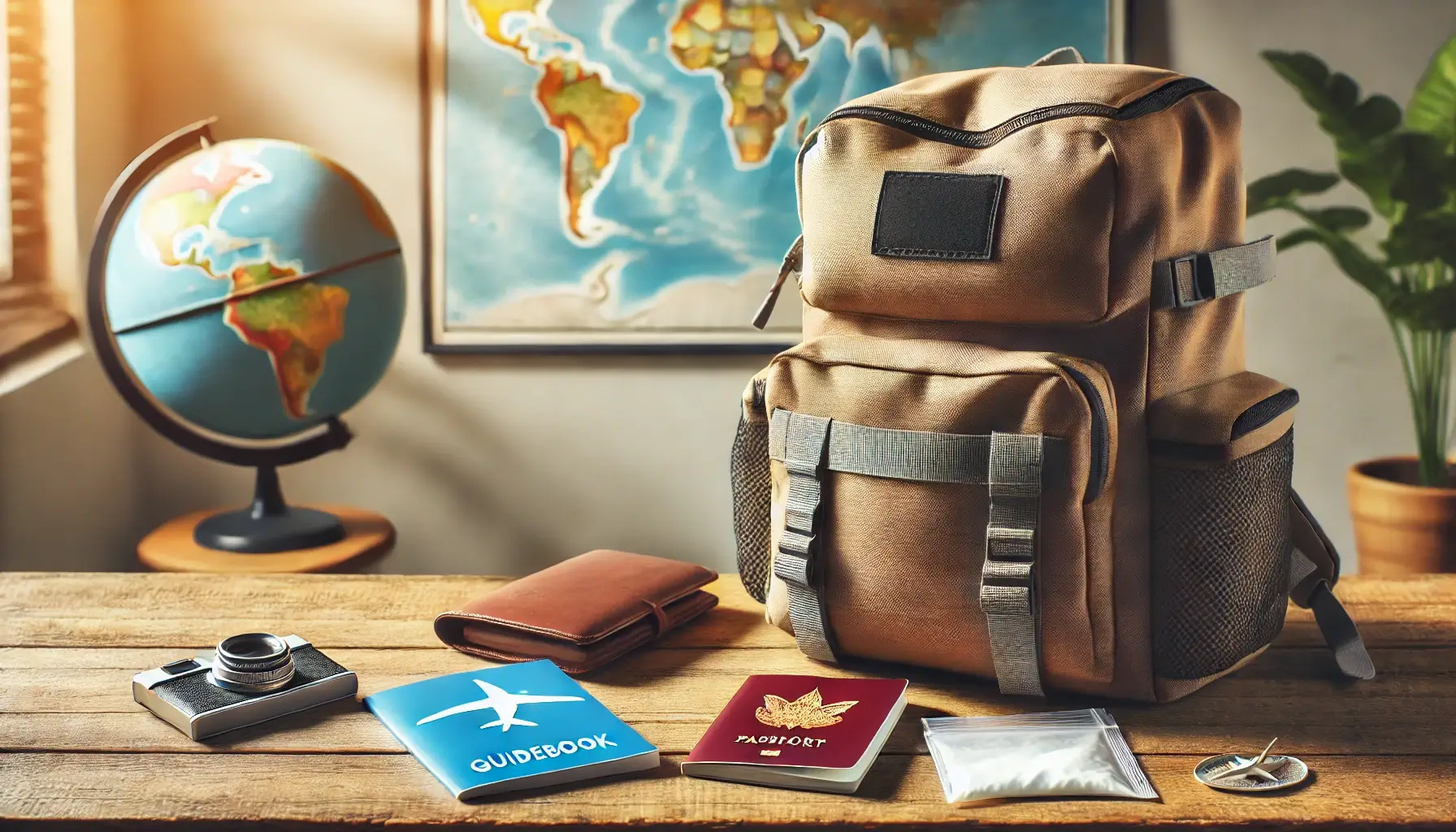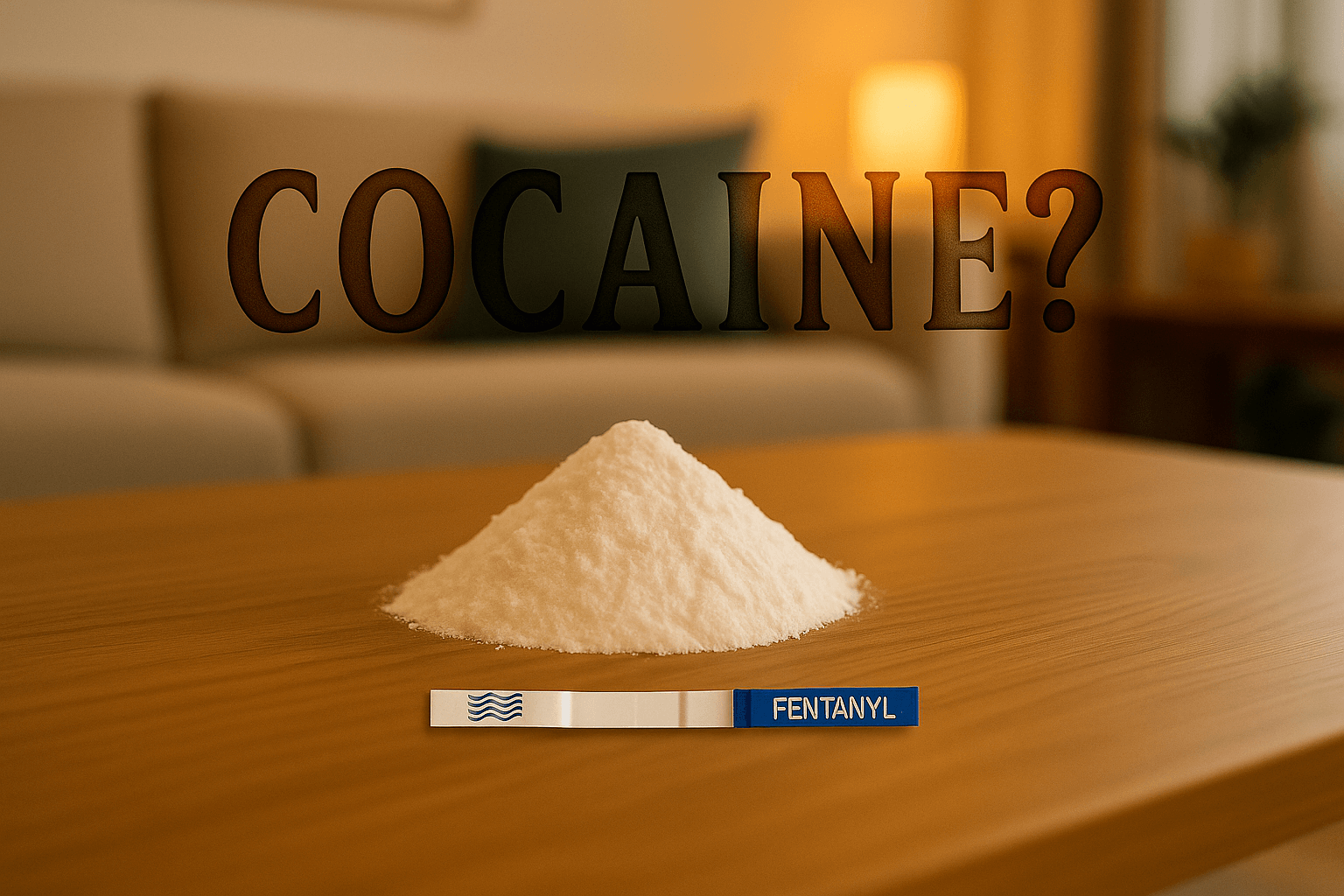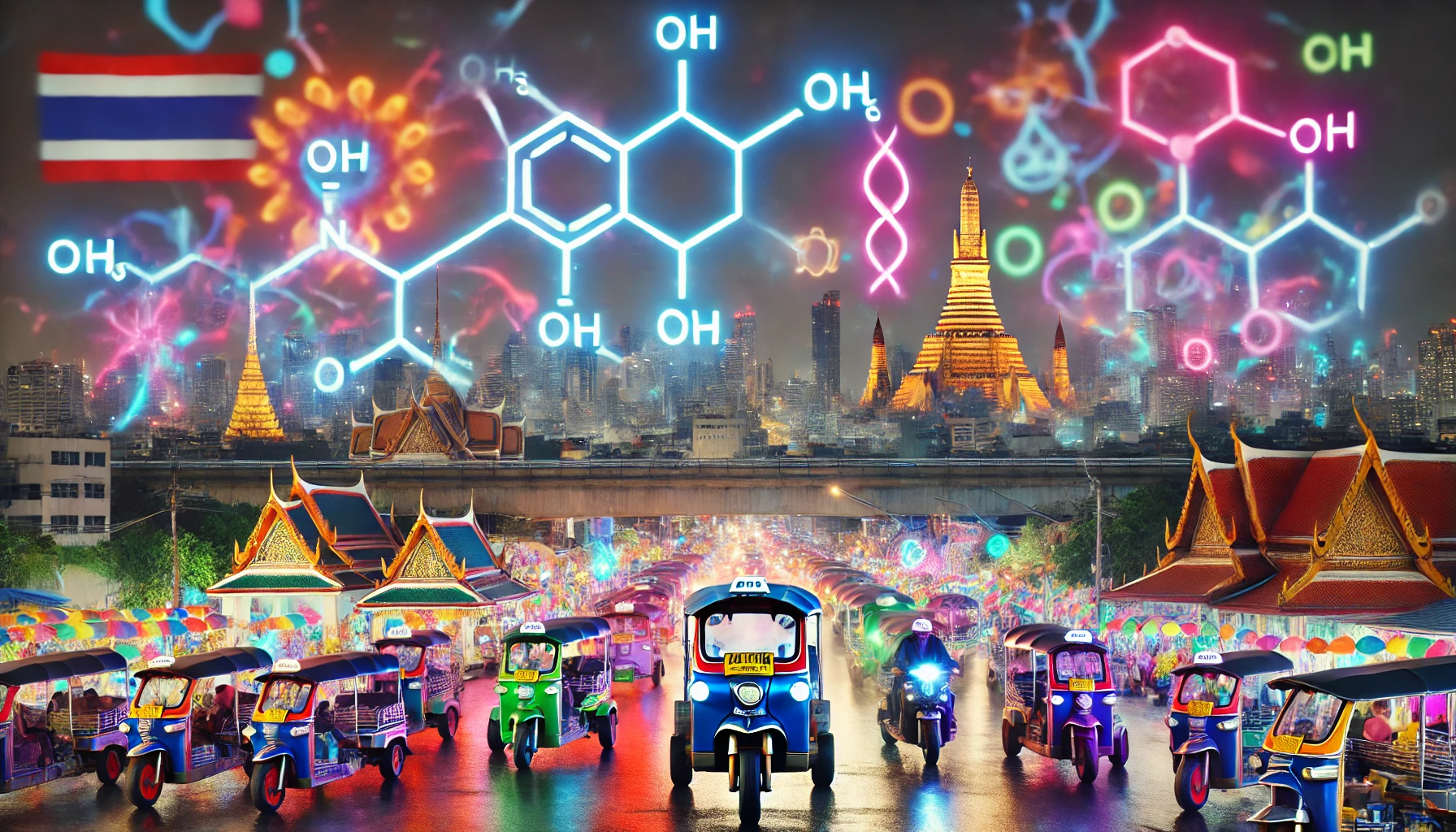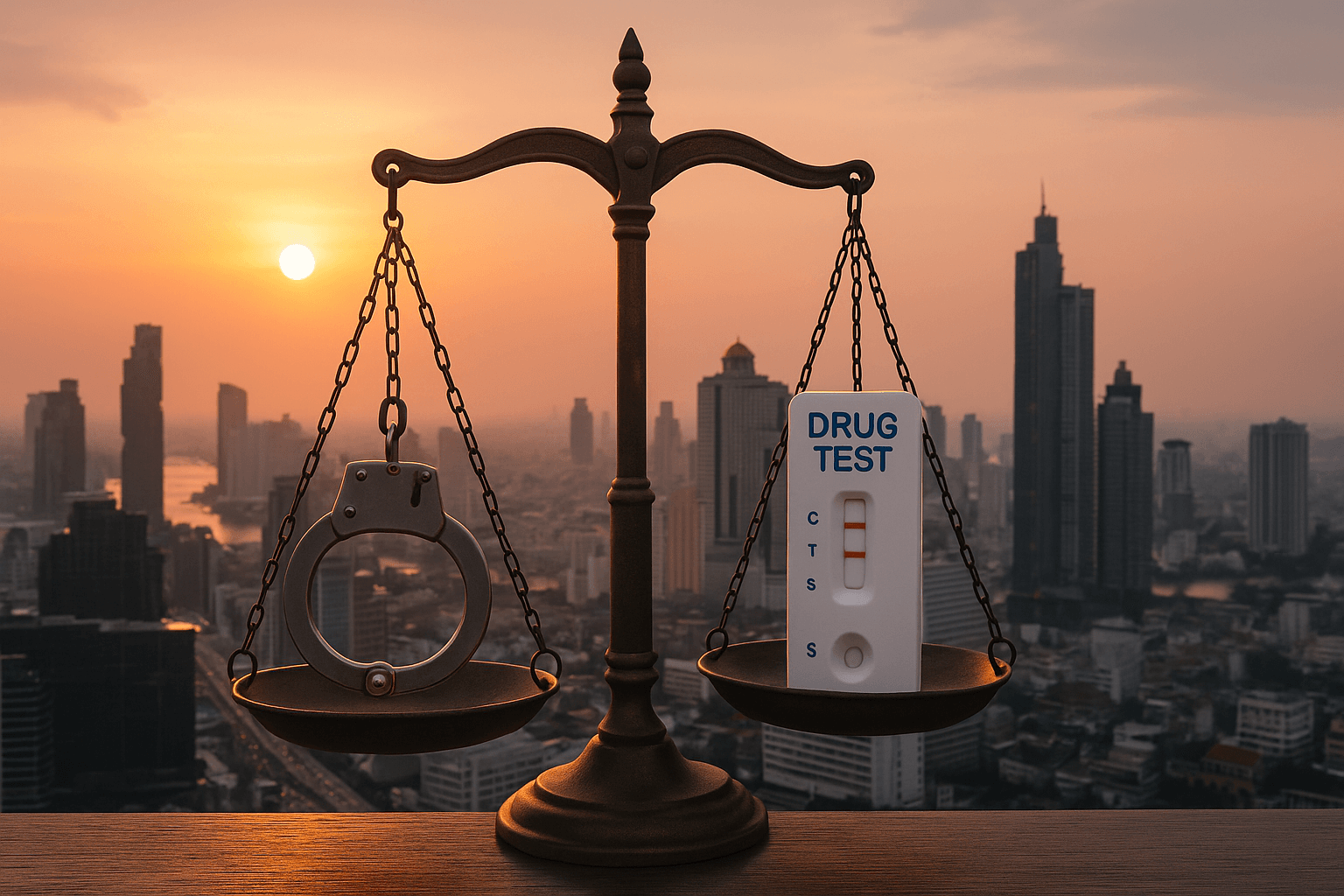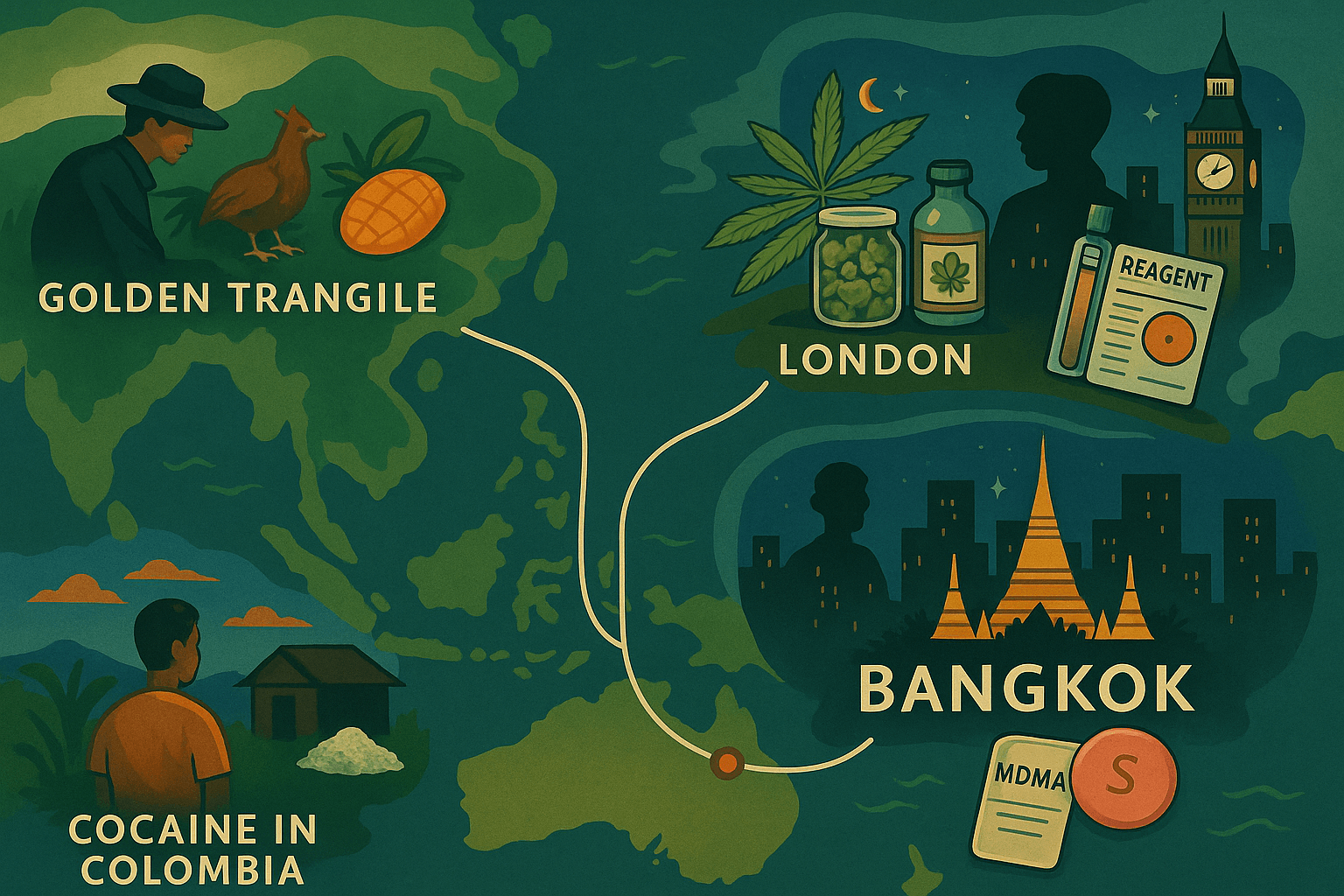Rebecca Turner, a 36-year-old traveler from Bexhill-on-Sea, East Sussex, UK, embarked on what should have been a memorable journey to Thailand. But her vibrant life was tragically cut short in a Bangkok hotel, where she and her partner unknowingly ingested a toxic cocktail of nine substances, including opiates, benzodiazepines, and other sedatives, mistakenly believing it to be cocaine. This tragedy serves as a devastating reminder of the dangers of unregulated drugs abroad and highlights the urgent need for harm reduction education for travelers.
A Tragedy Rooted in Deception
Rebecca’s story is not an isolated incident, particularly in tourist hubs like Bangkok’s Khaosan Road. Street dealers often mix inexpensive, dangerous substances into drugs to maximize profit, creating lethal combinations that unsuspecting buyers cannot detect. Tragically, this was the fate of Rebecca and her partner, Sam Melnick.
Her grieving mother, Anita Turner, now advocates for awareness, urging travelers to avoid street drugs entirely:
“There’s a massive drug problem out there, and you need to be really careful. It’s just not worth the risk.”
This tragedy underscores the need for education and proactive harm reduction measures to prevent such irreversible consequences.
The Role of Harm Reduction
While complete abstinence from drug use is the only way to avoid these risks, harm reduction strategies provide critical tools for those who choose to use substances. Drug testing kits, for example, allow users to identify harmful adulterants in drugs before consumption. These kits can detect the presence of deadly compounds such as fentanyl or unknown benzodiazepines, giving users the ability to make safer choices.
Key harm reduction tools include:
- Fentanyl Test Strips: These strips can detect trace amounts of fentanyl, a synthetic opioid responsible for a surge in overdose deaths worldwide.
- Reagent Testing Kits: Designed for substances like MDMA and cocaine, these kits reveal the presence of dangerous additives or entirely different compounds.
At Happy Test Shop, we are committed to making these harm reduction tools accessible. Providing travelers with reliable testing kits can be a literal lifesaver, empowering them to prioritize their safety in high-risk environments.
Testing Cocaine Samples: A Crucial Safety Step
Rebecca’s story highlights the dangers of assuming the contents of street-purchased substances. While she believed she was using cocaine, the sample was a lethal mixture of multiple drugs. This underscores the importance of testing cocaine for both purity and harmful cuts.
- Cocaine Purity Test: With tools like the Cocaine Purity Test available from Happy Test Shop, users can determine how pure their cocaine is and identify potential risks.
- Substance Identification Test: For a broader analysis, the Substances Identification Test for Cocaine Cuts can detect dangerous cutting agents commonly mixed with cocaine.
For more detailed insights, readers can explore articles such as:
- Common Cutting Agents for Cocaine: Learn about the substances often mixed into cocaine and their risks.
- The Origins of Cocaine: From Ancient Medicine to Global Phenomenon: Dive into the history of cocaine and its journey to becoming a global concern.
Rebecca’s Legacy: Advocacy Through Awareness
Rebecca’s life was defined by her compassion and adventurous spirit. She became deeply involved in supporting underprivileged communities in Laos, earning the love and respect of locals. Tragically, her life was cut short by an entirely preventable mistake.
Her mother, Anita, has turned her heartbreak into action, sharing Rebecca’s story as a cautionary tale for travelers:
“Please don’t take anything. You never really know what you’re getting into.”
Anita’s advocacy has shone a light on the hidden dangers of unregulated substances, especially for young travelers exploring unfamiliar destinations. Her words resonate as a stark warning and a call to action for increased harm reduction education.
What Travelers Can Do to Stay Safe
For those venturing abroad, safety should always come first. While avoiding street drugs entirely is the safest option, travelers who choose to use substances can take steps to minimize risks:
- Use Drug Testing Kits: Invest in reliable testing kits from sources like Happy Test Shop. These tools can detect harmful additives before consumption.
- Research Local Drug Laws: Many countries, including Thailand, impose severe penalties for drug possession or use. Staying informed can prevent legal trouble.
- Avoid High-Risk Areas: Tourist hotspots like Khaosan Road are notorious for drug activity and scams. Choose safer alternatives to enjoy nightlife.
- Travel with Trusted Companions: Always let friends or family know your plans and maintain open communication.
- Know the Signs of Overdose: Recognizing symptoms such as difficulty breathing or loss of consciousness can save a life. Carrying naloxone, where accessible, is also advisable.
The Broader Picture: Educating for Prevention
According to the United Nations Office on Drugs and Crime (UNODC), Southeast Asia has seen a troubling rise in synthetic drug production and distribution. This surge increases the likelihood of encountering adulterated substances in popular tourist destinations.
Further complicating the issue is the limited availability of naloxone in Thailand. Naloxone, an opioid overdose reversal medication, is a critical tool in saving lives during an overdose but is challenging to access locally. This makes harm reduction measures, such as drug testing kits, even more vital for travelers.
For more information on naloxone and its availability in Thailand, check out our article on Naloxone vs. Harm Reduction: Why Drug Testing Kits Are Crucial in Thailand
Turning Tragedy Into Action
Rebecca Turner’s story is a painful but necessary reminder of the unpredictable dangers associated with drug use abroad. As Anita Turner continues to advocate for awareness and safety, her message resonates with travelers worldwide: a single decision can have life-altering consequences.
Harm reduction measures like drug testing kits provide a critical safety net, but education and vigilance are equally important. By sharing stories like Rebecca’s, we can inspire travelers to make safer choices and prioritize their well-being.
Final Thought: Stay informed, stay prepared, and prioritize safety on your travels. If you or someone you know chooses to use substances, make drug testing kits an essential part of your travel checklist.
Original article: https://www.dailymail.co.uk/news/article-14202695/Mothers-heartbreak-backpacker-daughter-partner-dead-Bangkok-lethal-cocktail-drugs.html
